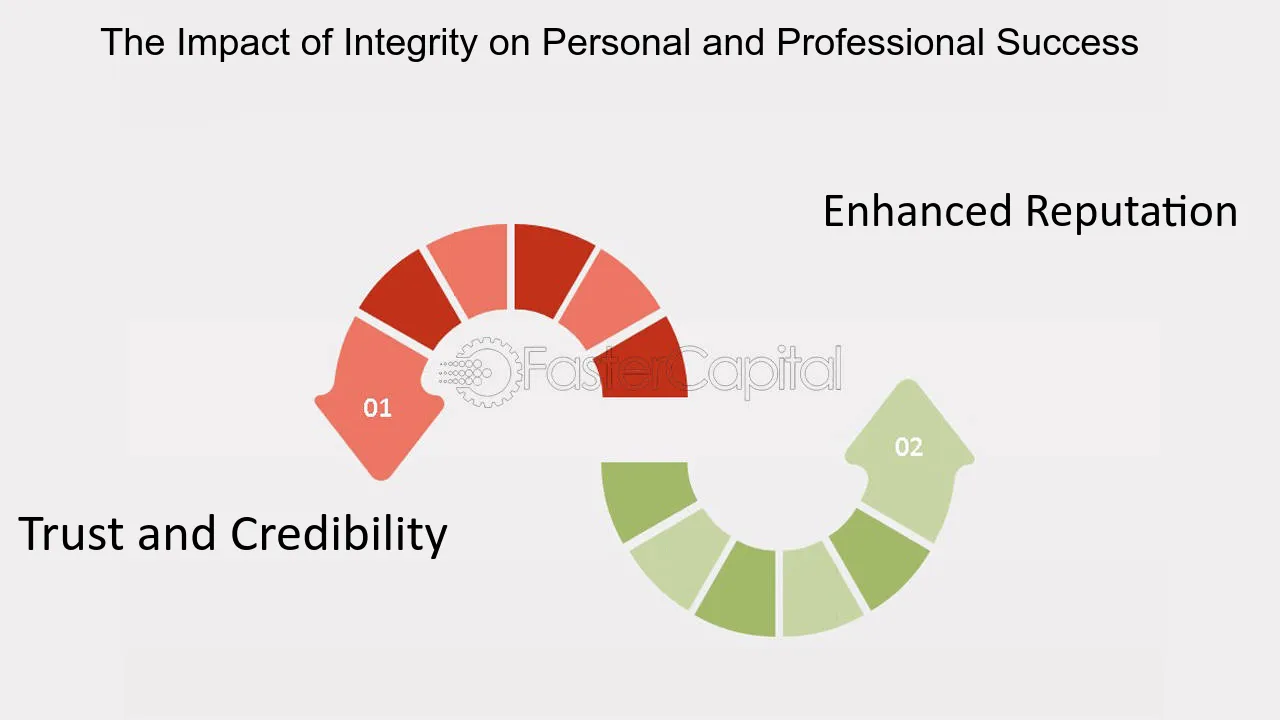In the professional realm, navigating the complexities of workplace dynamics can be as crucial as the work itself. The challenge becomes particularly acute when faced with old school mentalities that seem out of step with contemporary standards of workplace conduct and ethics. A case in point is the scenario where a boss, in an attempt to mend fences after a series of disagreements, concludes a conversation with the unsettling directive: ‘I’m your stakeholder and you need to keep daddy happy.’ This statement, while perhaps intended to be light-hearted, can carry a weight of implications that are anything but trivial.
The term ‘stakeholder’ in a business context typically refers to individuals or groups that have an interest or concern in an organization. Stakeholders can affect or be affected by the organization’s actions, objectives, and policies. In the context of our discussion, the boss clearly identifies himself as a key stakeholder, which is accurate insofar as his role likely involves a vested interest in the performance and outcomes of the work. However, the addition of ‘keep daddy happy’ introduces a personal and paternalistic dimension that can be uncomfortable and, depending on the interpretation, potentially problematic.

The use of ‘daddy’ in a professional setting is laden with connotations. It can imply a familial hierarchy where the boss assumes a position of authority not just as a manager, but as a paternal figure who expects loyalty and perhaps even subservience. This can be at odds with a modern workplace ethos that values mutual respect, autonomy, and professional boundaries. It is essential to recognize that while the desire to maintain a positive relationship with one’s boss is understandable, it should not come at the expense of one’s dignity or professional standards.
In dealing with such old school attitudes, it is important to maintain a sense of professionalism and to navigate the situation with tact.
This involves understanding the underlying motivations of such a directive and developing strategies to manage expectations without compromising one’s values. It is also crucial to recognize that while the boss may be a primary stakeholder, he is not the only one. Customers and the people served by the organization are equally important stakeholders whose satisfaction is paramount to the success of the business.
The concept of ‘closure’ in the context of workplace disagreements is another aspect worth exploring.
As highlighted in the article ‘What if There’s No Such Thing as Closure?’ from The New York Times Magazine, closure is often seen as a definitive end to a difficult situation. However, social scientist Pauline Boss suggests that closure may not always be possible or even desirable. Applying this to the workplace, it may be more productive to focus on managing ongoing relationships and expectations rather than seeking a final resolution to every conflict.
In the case of our boss, his old school approach may stem from a different era’s norms, where the lines between personal and professional were more blurred. Understanding this perspective can help in formulating a response that acknowledges his viewpoint while gently steering the relationship towards a more contemporary professional dynamic. It is about finding a balance between giving due respect to the boss’s position and maintaining one’s own professional integrity.
Communication is key.
It is important to engage in open and honest dialogue with the boss, expressing one’s commitment to the organization’s success while also setting clear boundaries. This conversation should be approached with respect and empathy, recognizing that change can be challenging for everyone involved. By fostering an environment of mutual understanding, it is possible to transform an old school mentality into a partnership that benefits all stakeholders.

The directive to ‘keep daddy happy’ can be a jarring reminder of the complexities of workplace dynamics. It is a call to navigate these waters with care, balancing respect for authority with the preservation of professional integrity. By understanding the motivations behind such statements and employing tactful communication strategies, it is possible to manage old school attitudes while fostering a healthy, respectful, and productive work environment.
Moving forward from understanding the old school workplace dynamics, let’s delve into strategies for professional growth and stakeholder satisfaction. This section will explore how to navigate the complexities of a traditionalist boss while advancing your career and maintaining a healthy work environment.
Establish your professional goals and align them with the company’s objectives.
This alignment demonstrates to your boss that you are invested in the company’s success, which is a key factor in keeping stakeholders like your boss ‘happy’. However, this does not mean sacrificing your values or accepting inappropriate behavior. Instead, it’s about finding common ground and working towards shared goals.
One effective strategy is to develop a clear communication plan.
When your boss made the statement, ‘I’m your stakeholder and you need to keep daddy happy,’ it opened up an opportunity for dialogue. You can respectfully request a meeting to discuss what ‘keeping daddy happy’ means in terms of work performance and expectations. This conversation should be approached with a focus on professional development and seeking clarity on how to excel in your role.
In this meeting, it’s crucial to set boundaries and express your commitment to professionalism. You might say, ‘I am dedicated to contributing to the company’s success and would like to understand how I can best support our goals while maintaining a professional relationship.’ This shows that you are taking the initiative to foster a positive work environment and are eager to grow professionally.
Another strategy is to expand your network within the organization.
By building relationships with other stakeholders, you can diversify your support system and reduce the pressure of relying solely on your boss for career advancement. Engage with colleagues, participate in cross-departmental projects, and seek mentorship from other leaders. This not only broadens your perspective but also showcases your collaborative spirit and commitment to the company’s broader mission.
It’s also beneficial to document your achievements and contributions.
Keep a record of your successes, the challenges you’ve overcome, and the value you’ve added to the company. This documentation can be a powerful tool during performance reviews or when discussing your career progression. It provides tangible evidence of your dedication and hard work, which can help in negotiating for promotions or professional development opportunities.
Consider seeking feedback from various sources.
While your boss is a primary stakeholder, feedback from customers, peers, and other managers can provide a more comprehensive view of your performance. This feedback can guide your professional development and help you address any areas for improvement.
In addition to these strategies, it’s essential to stay informed about industry trends and continue developing your skills. Attend workshops, webinars, and conferences to keep your knowledge up-to-date. This commitment to lifelong learning not only benefits your career but also contributes to the company’s innovation and competitiveness.
Challenges and disagreements are inevitable in any workplace, but how you handle them can define your professional reputation. Stay solution-focused, be adaptable, and always conduct yourself with integrity.
While the directive to ‘keep daddy happy’ may have been disconcerting, it presents an opportunity to reinforce your professional objectives, establish clear communication, and demonstrate your commitment to the company’s success. By employing these strategies, you can navigate old school workplace dynamics, achieve professional growth, and ensure stakeholder satisfaction in a manner that respects both your values and your career aspirations.
Related posts:
25 Easy Ways To Make Your Boss Happy (forbes.com)
Keep Your Boss Happy – How to Do it Without Working Hard (onlinepmcourses.com)





